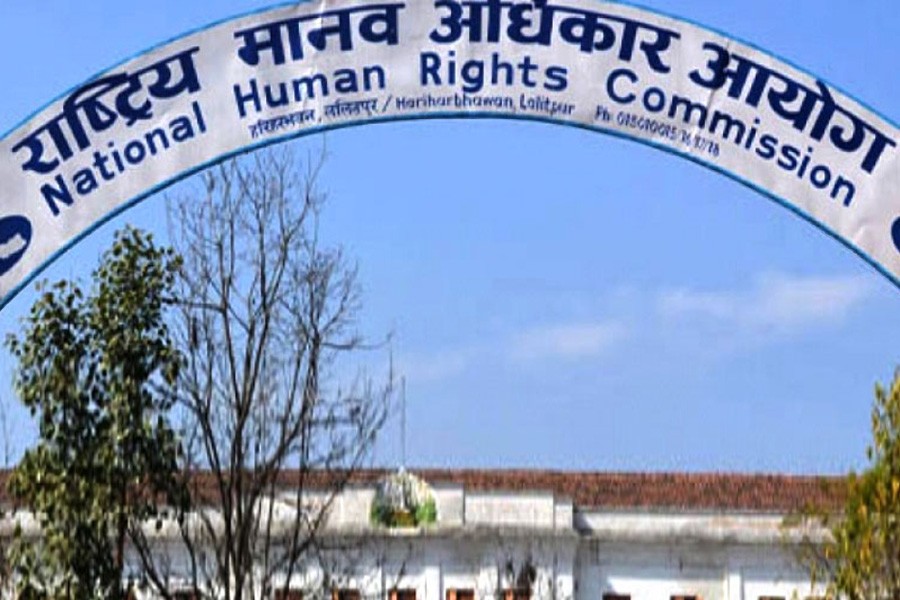Saturday 20th April 2024

Article 35 (4) of the Nepali Constitution ensures citizens the right to safe drinking water and sanitation. Similarly, Article 30 (1) states that every citizen shall have the right to live in a clean and healthy environment.
However, the current scenario in Nepal seems otherwise. At a recent discussion held by Nepal National Human Rights Commission, the regulatory body urged the ruling government to ensure that the provisions in the constitution be enacted for a safe and healthy environment for people.
Nepal Health Research Council (NHRC) Chairperson Anup Raj Sharma who chaired the discussion, pointed that the three levels of government did not work in sync to address these long-standing issues and that it lacked a proper mechanism to assess the effects of population on its people.
Pointing at the government’s negligence, he said, “Although the constitution has guaranteed people’s right to live in healthy environment, lack of laws and policies have also made it difficult to implement the constitutional provision.”
NHRC Spokesperson seconded this when he said that the Nepal Government had turned a blind eye to environmental degradation and was only focusing on pollution in Nepal.
“We are worried that the government has become a mere spectator to continuing degradation of water resources and damage done to river basins. These are the factors that have a long-term impact on the environment. The government should take immediate steps to address the issues,” he adds.
Previously, the NHRC held discussions with stakeholder agencies on the present condition of physical infrastructure development and its environmental and human consequences.
Bhaktapur Municipality Mayor Sunil Prajapati, Kathmandu Metropolitan City Deputy Mayor Hari Prabha Kadgi, Lalitpur Sub-metropolitan City Deputy Mayor Gita Satyal, Joint Secretary at the Ministry of Forests and Environment Chandra Man Dangol and several other government officials were present for the discussion.
Read More:
Leave a Reply